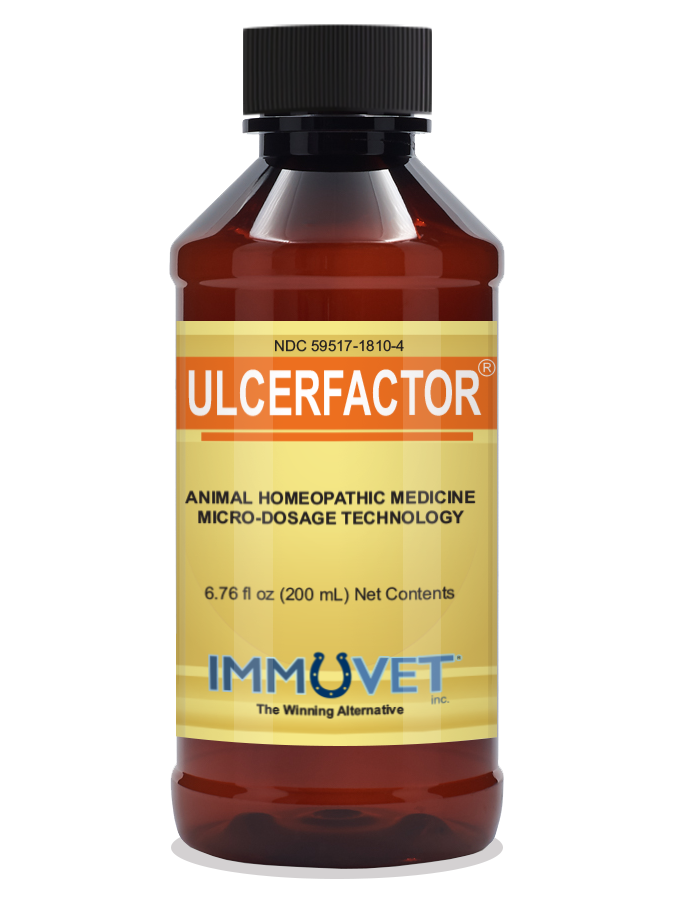Buying a horse and giving him a good feed is not enough because there are certain health conditions, you have to take care of them. Unlike a human, horses also caught by chronic diseases, which have to cure by time. As a horse-master, it is your responsibility to hire a good veteran for the regular check-ups of your horses.
What is a gastric ulcer in horses?
Gastric ulcer is a common medical condition veteran find in foals and horses. This gastric condition is known by two names; EGUS “equine gastric ulcer syndrome” and EGUD “equine gastric ulcer disease.” As we know the horse, the stomach is smaller than the human stomach and produce hydrochloric acid all the time. If the horse did not feed well or he quit eating, the acid will start gathering up into his stomach, start irritation, and made ulcers. Foals ration that affects by gastric ulcers is higher than the adult horses.
Causes of gastric ulcers:
A horse can get gastric ulcers due to various reasons:
- Number one is the feed he is taking plays a great part. Roughage plays a big part in ulcers because it demands more chewing. So, the roughage amount must be calculated.
- Usually, performance horse has more to do with exercise. As they are exercising a lot, they change their feeding habit that leads to the development of gastric ulcers in a horse body.
- Stress can be another cause because in stress the blood did not circulate well to the stomach and hence acid increase, which become a cause of the ulcer.
- Fasting for an extended time will also lead to developing gastric ulcers in a horse.
- If your horse is taking NSAIDS for a long period, then these non-steroidal anti-inflammatory drugs decrease the chemical name “PgE2” in the horse, which controls the acid level. If the amount of PgE2 decrease then the level of acid in the stomach will increase.
Symptoms of gastric ulcers in horses:
These are the following gastric ulcer symptoms in horses:
- Teeth grinding
- Poor appetite
- Diarrhoea
- Poor performance
- Weight loss
- Dullness
- Low-grade colic
- Poor body condition
- Poor hair coat
- Excessive salivation
How the veteran identifies the gastric ulcers:
A veteran can identify the gastric ulcers in a horse in many ways.
Usually veteran identifies the ulcer by doing gastroscopy and gastric endoscopy. They put an endoscope into the horse’s stomach to look at its surface. The procedure is simple and easy and allows a veteran to look inside the horse. Veteran cut food of horse for twelve hours to do this procedure. An endoscopy procedure is safe and only takes 10 to 15 minutes of examination.
Prevention and supplement:
Prevention is better than treatment so make necessary arrangements to prevent your horse with gastric ulcers.
- Do not cut your horse feed instead let him feed frequently.
- Reduce the number of concentrates and grains. Add alfalfa because it helps them to prevent from ulcers.
- Always discuss your horse condition with your veteran so he can suggest better thing before the time flies.
- Reduce or avoid the intake of anti-inflammatory drugs.
- Give your horse enough time to relax for heavy exercises, frequent traveling and intense training.
Ulcer Factor™ supplement:
Ulcer Factor™ is the best specially designed supplement for foals and horse to help them to fight from gastric ulcers. It works best in promoting horse and foal appetite and enhance overall recovery. Ulcer factor is made by using the natural ingredient because we “immuvet.com” cares about the horses. It is safe to use and offers non-toxicity. Using Ulcer Factor™ will help in lowering the HCL level in the horse stomach and the ulcer symptoms.
Immuvet® Products are manufactured by Amino Cell Inc.


